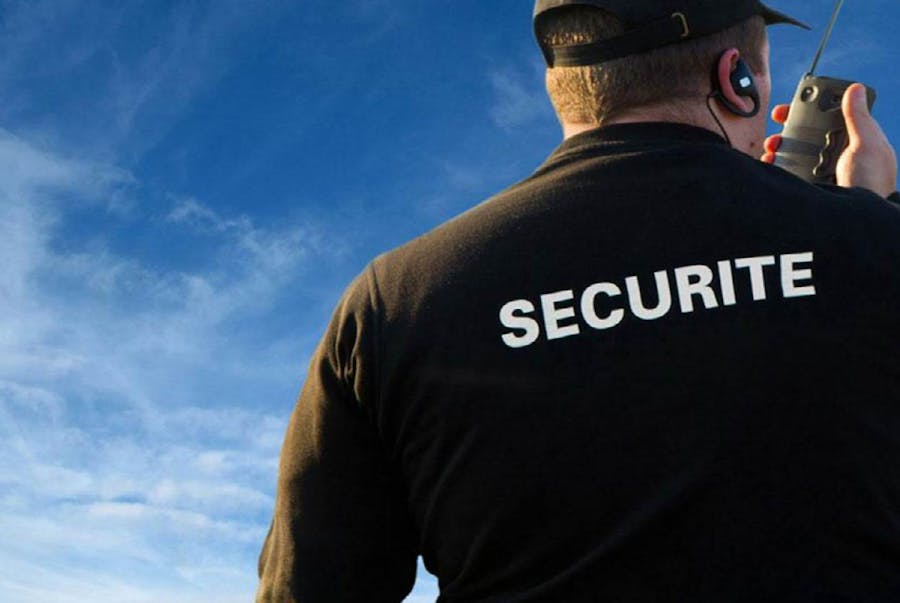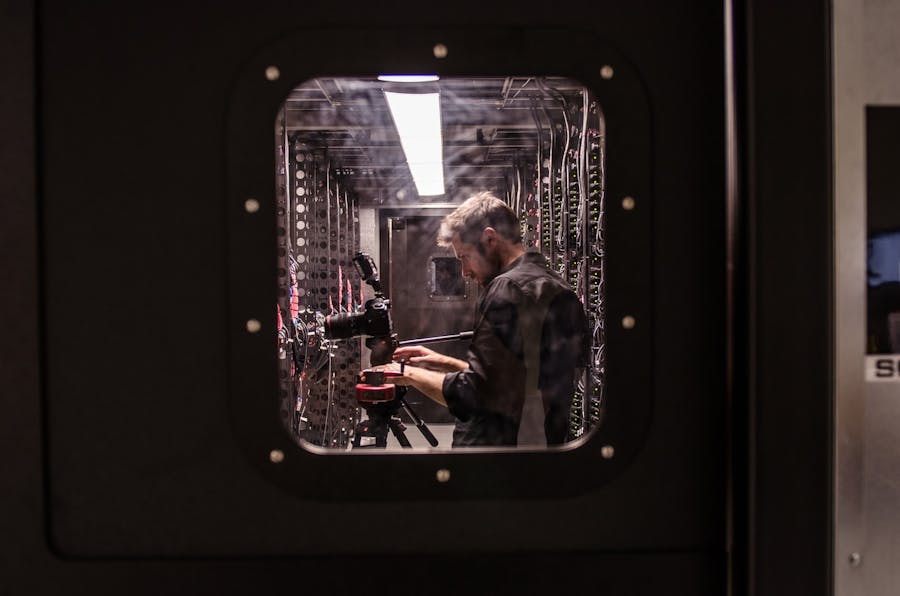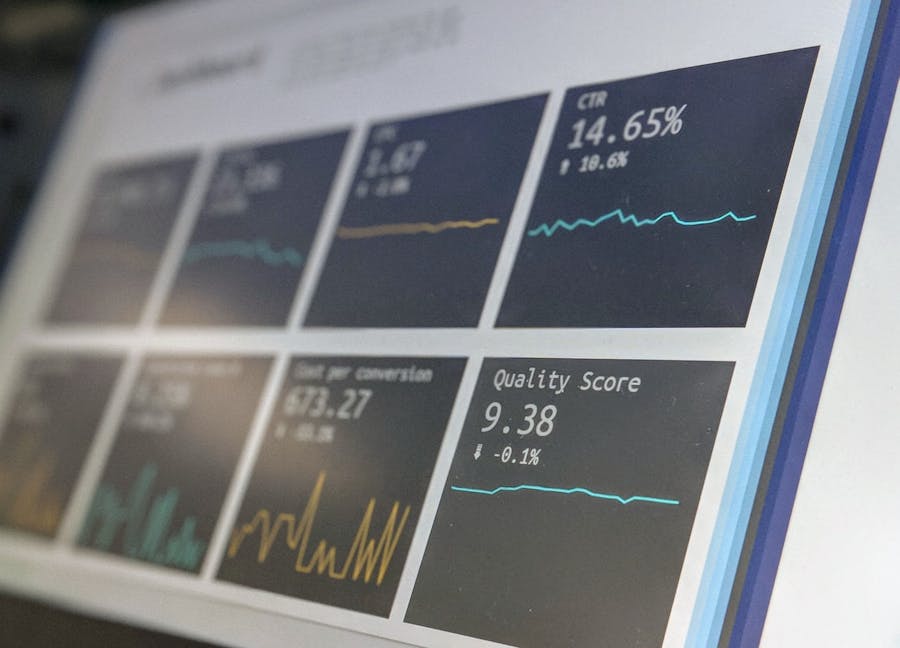As an event planner, the safety of your participants should be your top priority. Event security is something that needs to be taken into consideration from the beginning of the event planning process.
Risk Assessment ⚠️
The consensus among experts in event security is that there needs to be a risk assessment performed before an event takes place. A risk assessment considers a number of factors including, but not limited to:
- Event location- is the venue in an area that has had incidents in the past? What is the crime rate like in the area?
- Venue- has the venue had problems with security in the past? How many entry/exit points are there?
- Attendees- are there any controversial figures planning on attending? Are any controversial figures speaking at the event? VIPs?
- Media Coverage- will reporters be there?
- Nature of the event- is the event itself controversial? Would anyone want to stop the event from happening?
The Chicago police department stated, “The primary objective of event security isn’t to respond to threats, but to prevent them from occurring in the first place.” By performing a risk assessment, you’re planning out how to protect your event against the risk of a security emergency.
After completing a risk assessment for your event, you can create your Emergency Action Plan. Your Emergency Action Plan should include things like evacuation routes, preplanned designation of emergency responsibilities, and code words for different types of emergencies that can be used via text or walkie-talkie.
Event Security Companies 👔
Event organizers can choose to hire an outside event security company, or they can choose to just rely on their event staff and train them on security procedures. For bigger events, it may be wise to contract out to security experts, while smaller events may simply require a well-trained event staff who are equipped to handle security matters.
If you decide to hire an event security company, you will need to specify your event’s specific needs. For example, Event Security Management in the UK asks event planners to designate which services they need, for example, asset protection, crowd management, crisis management, VIP and close protection, among other options.
Credentialing 👀
If you decide against hiring outside security professionals, you will need to create a security plan yourself. A big part of your event’s security is making sure only invitees are able to enter the event. This can be done through credentialing. Credentialing, from MPI’s Essential Guide to Safety and Security, includes:
- Issue credentials on an event-by-event basis, have an expiration date
- Photo ids
- Reduce counterfeiting: 2-sided printing, RFID
- Designate specific credentials for specific access
- Retrieve credentials after use
- Simplify credential design
- Display credential boards for each area requiring a different credential
- Make sure designs and colors are different from previous events
- Create and follow credentialing policy and procedures
Training your staff 🕵️
You should train your event staff to respond to situations you identified in your initial risk assessment, for example, if you found that the area your event is in has a high rate of theft or burglary, train event staff on what to do if they witness theft.
You should also train staff to expect the unexpected. Even if you plan for every emergency you can think of, you still may be blindsided on D-Day. This is why you should role play emergency situations with your staff. You can role-play situations outlined in your Emergency Action Plan, as well as some unexpected situations staff may encounter.
Security Technology ☢️
For bigger events, you may want to consider using event technology such as portable or walk-through metal detectors for the protection of the venue and your attendees. It may also be helpful to purchase security cameras for an event with vendors or expensive merchandise if your venue does not already have them.
Communication tools like walkie-talkies lend themselves to events with a large staff. Here are some problems with large event staff who have to rely on their cell phones to communicate:
- Not plausible to save everyone’s numbers, remember the names of all fellow event staffers, and remember who is responsible for what
- Groupme or WhatsApp may be flooded with messages regarding different topics
- People may not want to share phone numbers with other staffers
- Phones may be on silent
Walkie-talkies allow event organizers to set up different channels for event staffers working in different departments. They also ensure that staffers will hear communications over the radio channel, as the volume will always be on. Walkie-talkies allow staffers to keep their cell phone numbers private.
👉 Overall, event professionals should all agree that the safety and security of our attendees are paramount to a successful event. While emergencies are unlikely to happen, you can never be too prepared with an Emergency Action Plan. Perform a thorough risk assessment, use it to plan, and make sure to train your event staffers on how to deal with security emergencies.



